Minerals are essential substances needed by our bodies to do the jobs it is supposed to do. They can be obtained from food sources or from supplements. Minerals are involved in many biochemical reactions and play a role in various bodily functions.
Just like vitamins, minerals are essential substances needed by our bodies to do the jobs it is supposed to do. People sometimes go to the doctor complaining of general weakness and fatigue. More often than not, it is a deficiency of these vitamins and minerals that are the root cause of such issues. No wonder there are standardized dietary guidelines that recommend the intake quantity of vitamins and minerals to maintain a healthy eating pattern. Let’s take a look at the essential minerals.
1. Calcium –
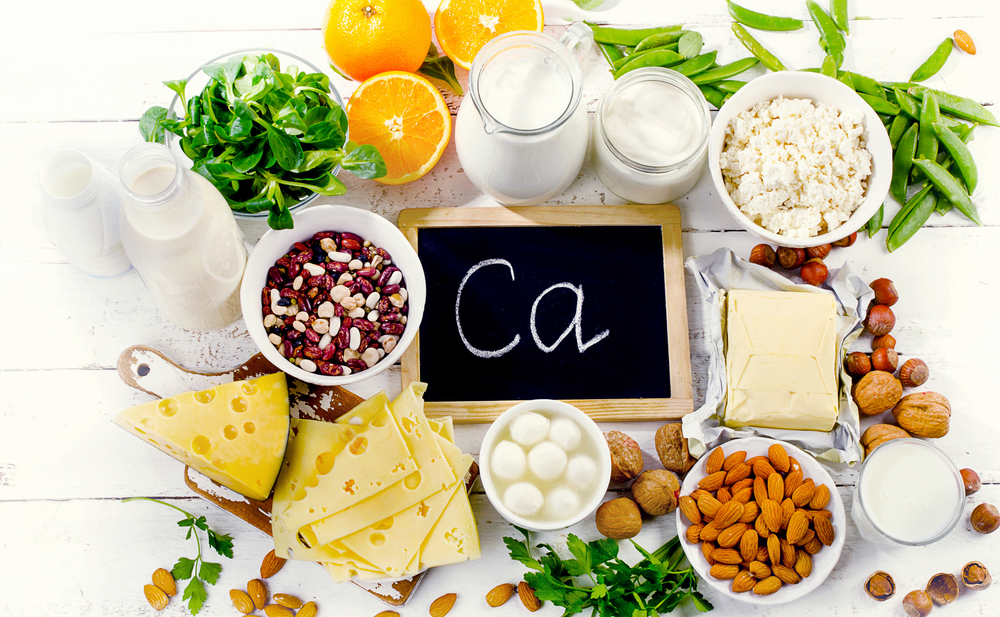
All of us have been forced to down those big glasses of milk when we were little and there’s a very good reason why our mothers forced milk, cheese and yogurt down our throats. Calcium is very important for the strengthening of our bones and teeth. Apart from bone health, calcium also aids in nerve impulse transmission, helps to regulate blood pressure, and plays a role in the contraction and relaxation of muscles. Apart from these benefits, calcium also helps in weight management by preventing fat accumulation. So, remember, if you’re trying to lose weight, make sure you take a look at your calcium intake and ensure that you are meeting your dietary requirement of calcium. Milk, yogurt, tofu, salmon, almonds, fortified juices and broccoli are all good sources of calcium.
Also Read: Do You Really Need To Drink Milk As You Age?
2. Magnesium –
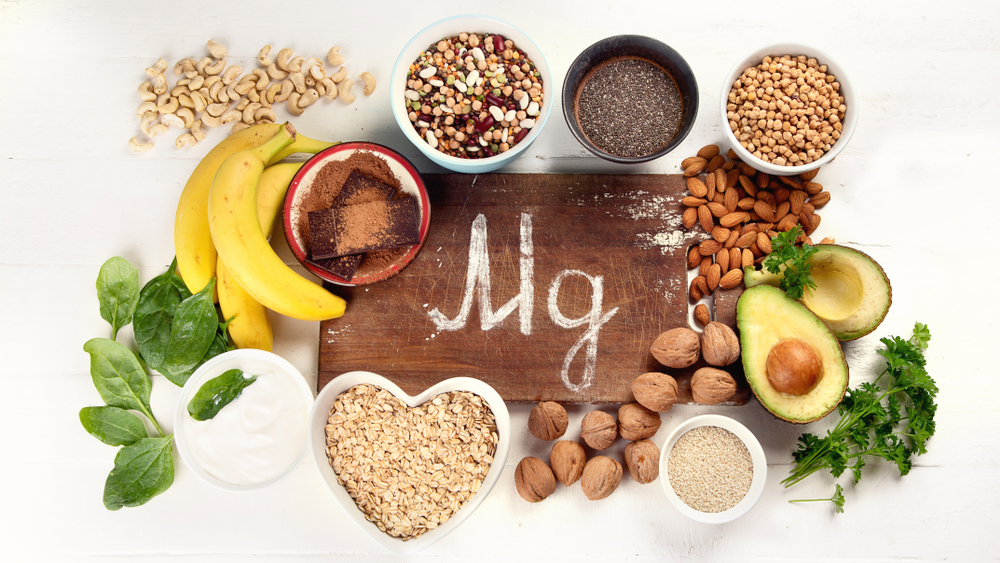
Magnesium is the eighth most common element in the crust of the earth and an important element as far as our body is concerned. It works alongside calcium and aids in muscle contraction, regulates blood pressure and helps in strengthening bones and teeth. Magnesium is also needed by our body for many chemical reactions and, in fact, is a co-factor for more than 300 enzymatic reactions. Magnesium helps in stabilizing enzymes involved in various ATP-generating reactions and we all know that ATP is the energy currency of the cell, meaning that it is extremely important for survival. Thus, for uninterrupted ATP production, a steady supply of magnesium is needed. The best food sources for this mineral include cashews, sunflower seeds, nuts, and green leafy vegetables like spinach and broccoli.
Also Read: Why Does The Human Body Contain A Variety Of Metals? What Is The Role Of Metal In Our Body?
3. Manganese –
Manganese (Mn) is an essential mineral in the human body that can easily be obtained from food sources like legumes, fish, nuts, tea, water. Manganese is involved in the synthesis and activation of various enzymes, such as transferases and oxidoreductases, to name a few. It also plays a role in the metabolism of glucose and lipids, and also boosts the synthesis of protein, vitamin C and vitamin B. While a deficiency of manganese can cause metabolic and other disorders, an overdose or intoxication of this element can also lead to problems.
To understand this better, let’s look at the information we already know. We know that diseases and conditions like obesity, type 2 diabetes mellitus, insulin resistance, hyperlipidemia, and non-alcoholic fatty liver are all on the rise. Through studies conducted in the past, we know that the existence of these diseases is associated with the increased presence of reactive oxidative stress (ROS) and oxidative stress. It is believed that the excessive dietary intake of Manganese, as well its insufficiency, can increase the generation of ROS, resulting in oxidative stress and other metabolic disorders. You may wonder how manganese being consumed in an adequate quantity helps us avoid these conditions. Manganese is one of the necessary components in Manganese superoxide dismutase (MnSOD). For the purpose of keeping it simple for this article, suffice to say that MnSOD is a scavenger for ROS. Thus, having the right quantity of Manganese helps to reduce oxidative stress within the body. So, remember to consume foods rich in manganese, but more importantly… don’t overdo it!
4. Selenium –
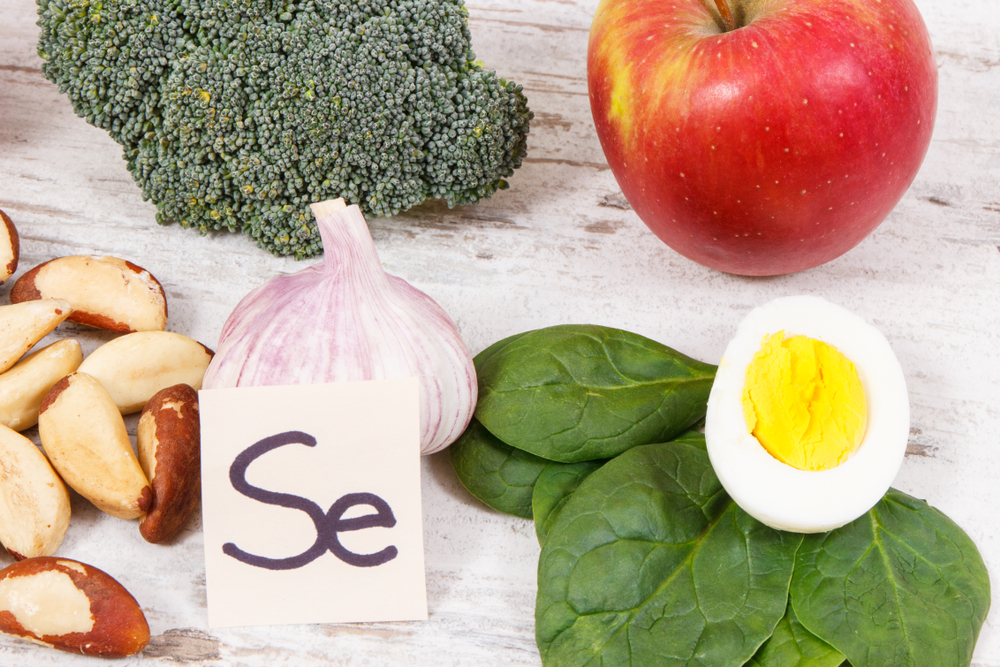
This is a mineral that acts as an effective antioxidant by neutralizing unstable molecules that cause oxidative stress and consequently damage the cells. It also helps in regulating our thyroid gland and its activities. Your dietary requirement for selenium can be met by consuming organ meats, poultry, seafood, meats and plant foods.
5. Zinc –
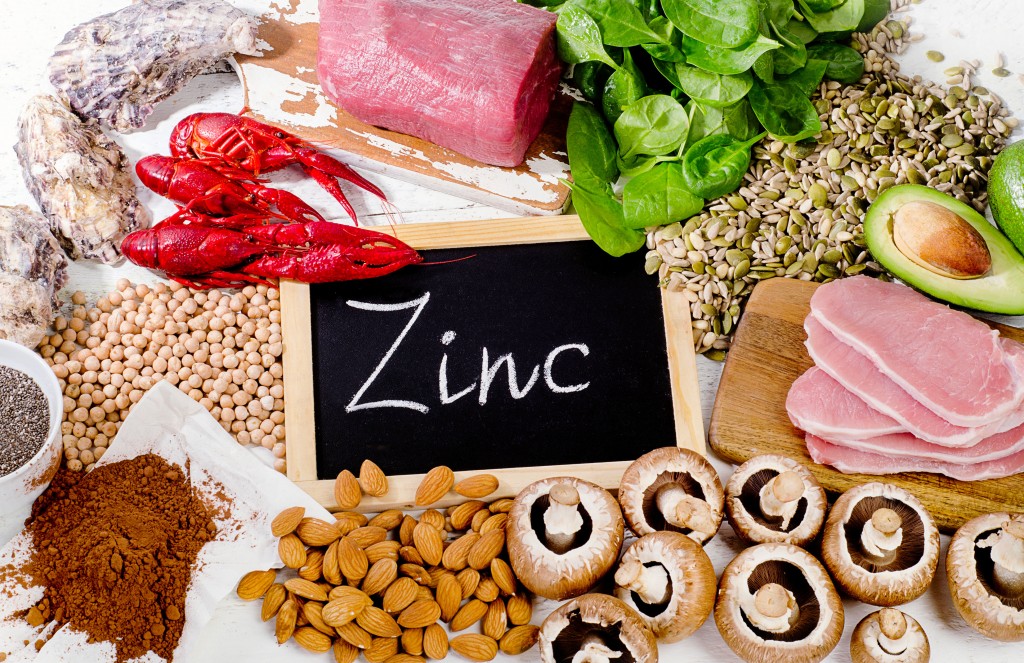
This mineral helps in the synthesis of new cells, proteins, and enzymes, in addition to strengthening our immune system and aiding in wound healing. It is believed that zinc may delay the progression of age-related macular generation when consumed with certain antioxidants. The best sources for zinc are poultry, red meat, beans, nuts etc. Given that vegetarians absorb less zinc, it is advised by experts that they should consume twice their recommended requirement of zinc from plant foods.
6. Chromium –
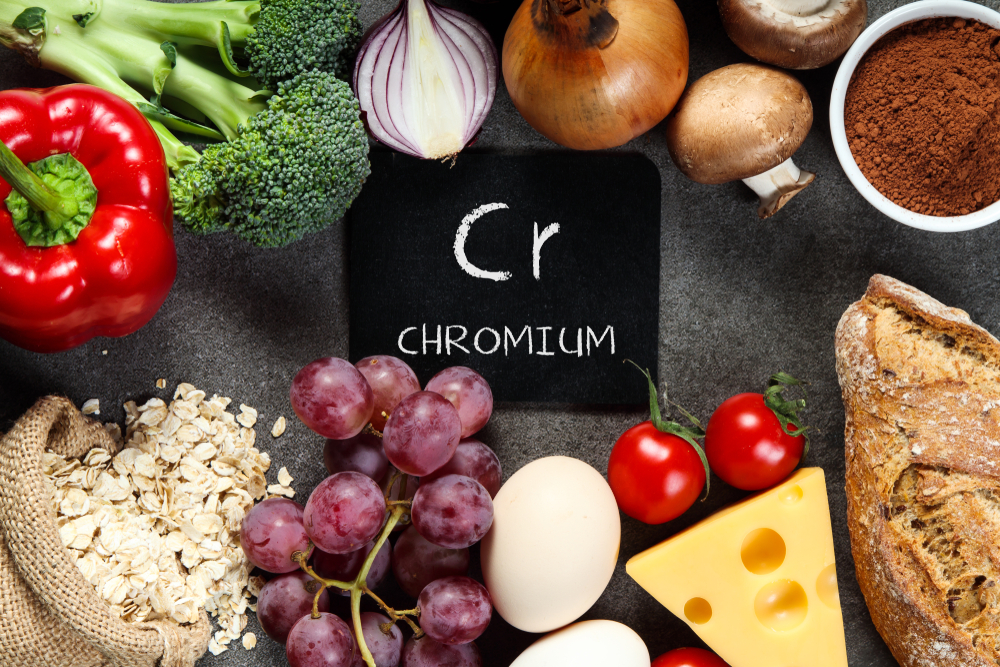
Chromium is important for blood glucose control, as it enhances the activity of insulin and ensures normal blood glucose levels. It can be obtained from bran cereals, fish and meat.
7. Iron –
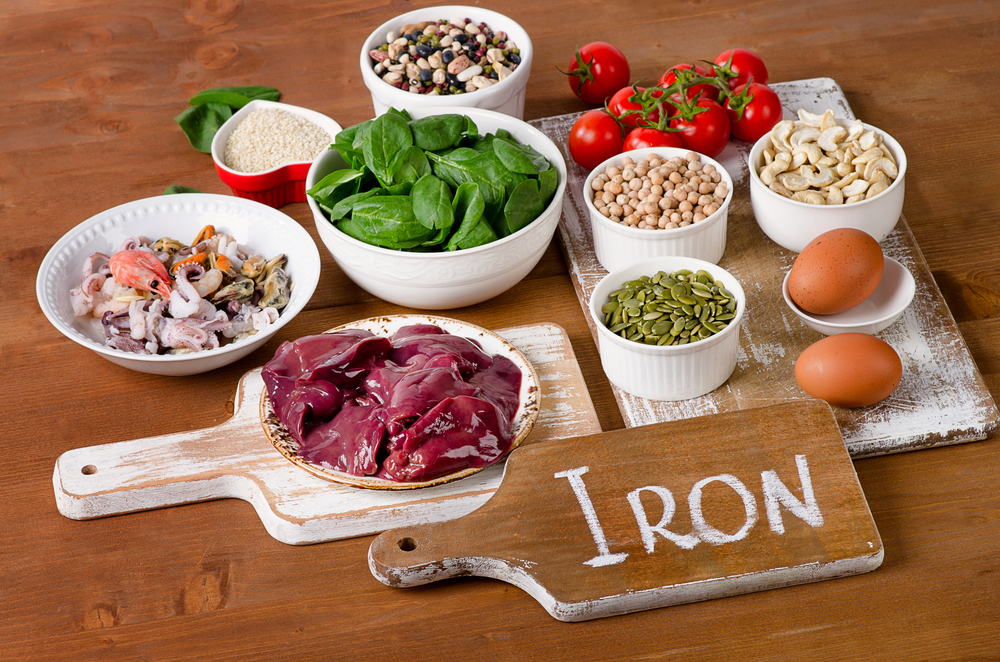
Many of us are often put on iron supplements when our blood tests show a drop in hemoglobin levels. However, have you ever wondered how iron helps in this situation? Hemoglobin is a protein that helps in transporting oxygen throughout our body, and we all know that oxygen is extremely crucial for our existence. Iron aids in this oxygen transport and is therefore an important helper! It is also a part of chemical reactions and is needed for the synthesis of collagen, hormones, neurotransmitters and amino acids. Green leafy vegetables, beetroot, red meat, poultry, and grain products are all excellent sources of iron. It’s important to keep in mind that women of childbearing age often need regular monitoring of iron levels and supplements to maintain their hemoglobin levels.
8. Copper –
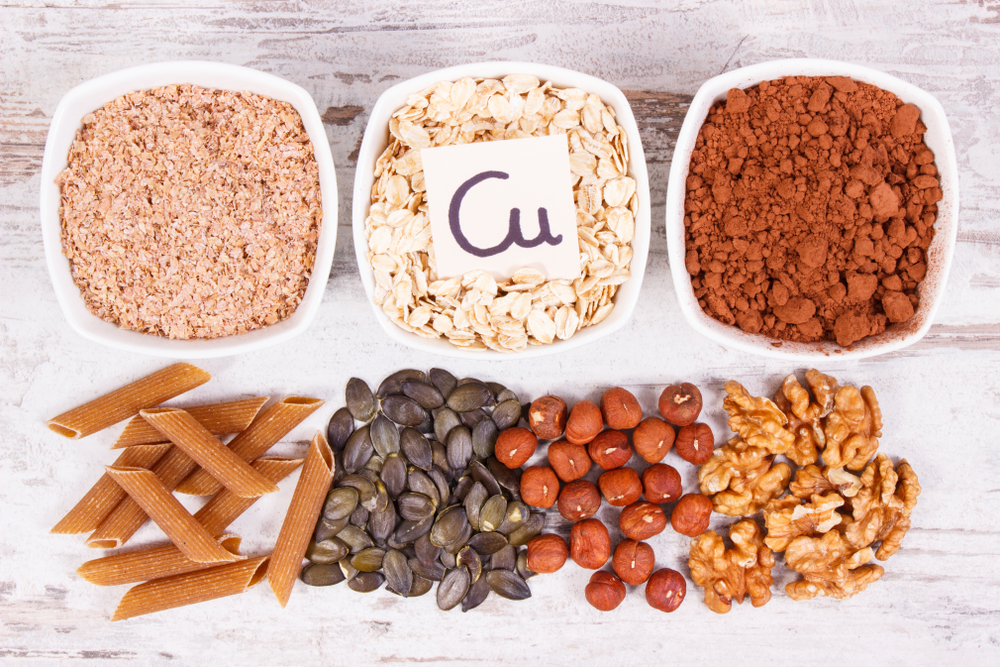
You’ve probably seen your grandparents drinking water from copper jugs and glasses and there’s a good reason for that! They are trying to incorporate copper into their body because copper plays an important role in the metabolism of iron, while also strengthening our immune system. Since drinking from copper utensils is not always possible and definitely not sufficient for our copper intake, we should also try to consume nuts, seeds, shellfish, liver, prunes, and black pepper to meet our dietary requirements of copper.
9. Phosphorus –
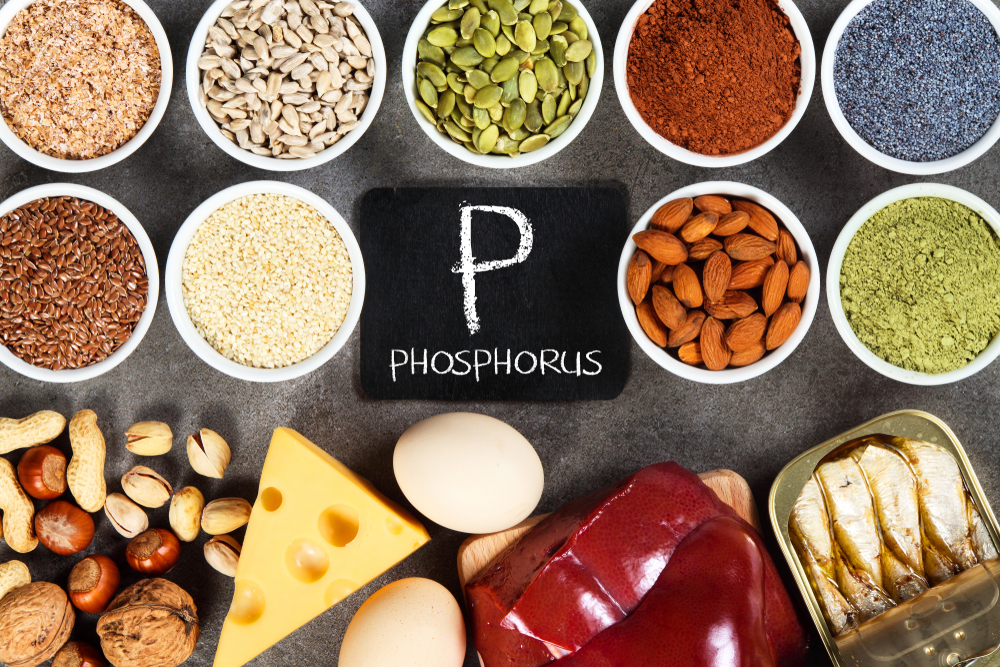
Phosphorus is a part of phospholipids that carry lipids in the blood and is also a part of our DNA and RNA. Phosphorus also helps protect our bones and teeth and helps in ferrying nutrients into and out of cells. Phosphorus is found abundantly in milk and dairy products, meat, fish, poultry, eggs, potatoes, almonds, etc.
10. Fluoride –
Fluoride plays a key role in maintaining dental health and encourages strong bone formation. Fluoride treatments done regularly help to prevent the formation of dental cavities. Certain marine fish have a good fluoride content and, in general, fluoride is obtained from fluoridated water and toothpastes. However, caution should be exercised with regards to the quantity of fluoride taken in by children, as excessive amounts of fluoride can be harmful to young people.
11. Iodine –
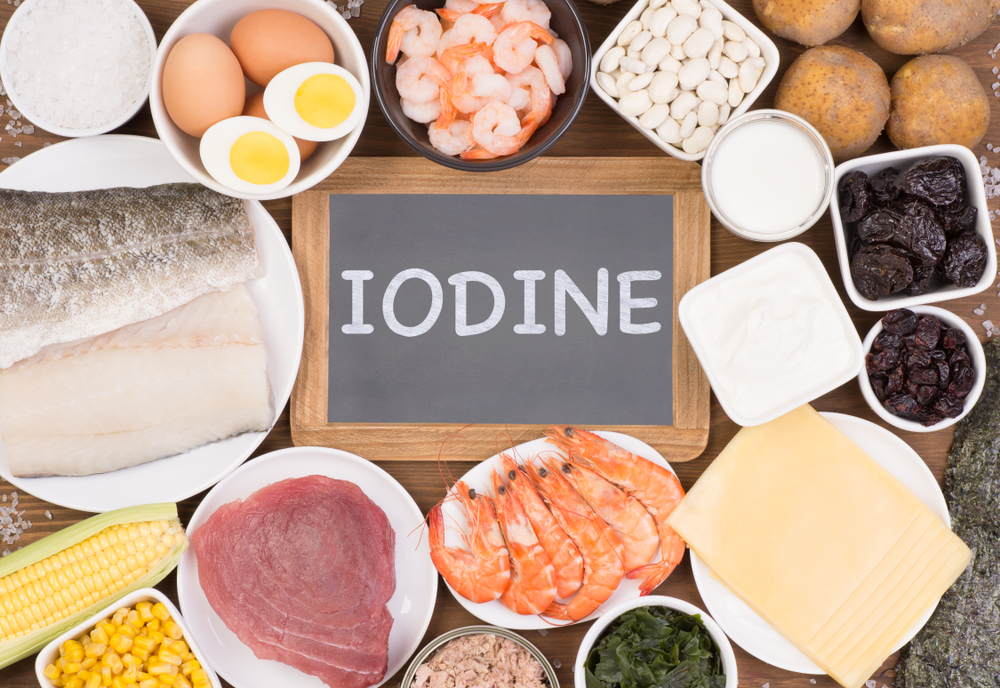
Our body needs iodine to make thyroid hormones, which in turn regulate the body’s metabolism, helps maintain our body temperature, and influences muscle function, reproduction and growth. Iodine is found naturally in some foods, like tuna and cod fish, seafood in general, milk, yogurt and cheese, and is also added to salt labelled “iodized salt”, which most of us consume in our household. However, consuming high levels of iodine tends to cause the same issues as a lack of iodine intake, such as a “goiter” or an enlarged thyroid gland.
12. Molybdenum –
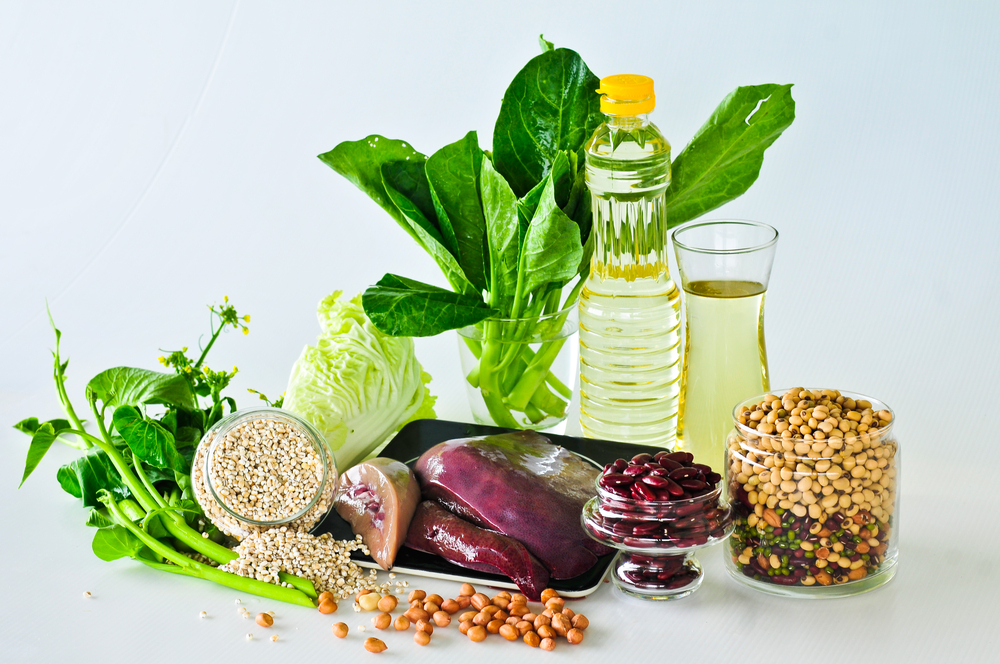
This mineral is a part of several enzymes and is easily available in legumes, grains, nuts and dairy products.
13. Chloride –
Chloride is a part of salt, the chemical composition of salt being sodium chloride or NaCl. It is also found in soy sauce and other processed food items. Chloride balances the fluids in our body and also aids in digestion.
14. Potassium –
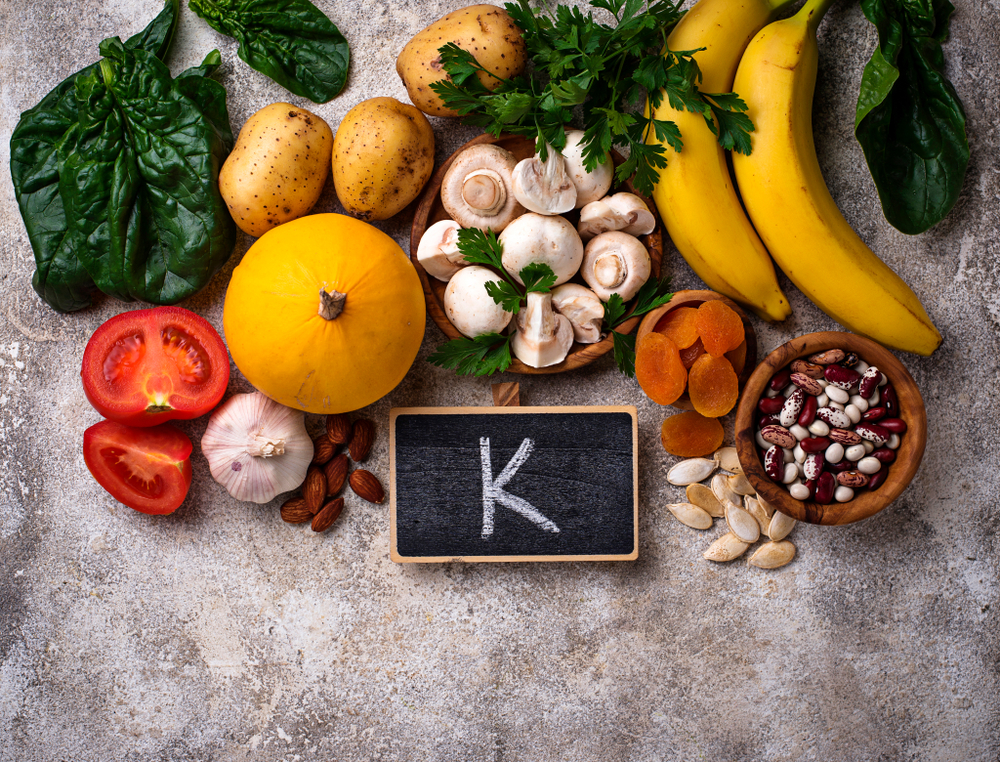
Potassium is an important mineral that is needed for muscle contractions, the maintenance of body fluids, a steady heartbeat and nerve impulse conduction. The consumption of meat, milk, and fruits like bananas, oranges, grapefruit, vegetables, kidney beans, soybeans and many others can help you maintain adequate potassium levels.
Conclusion
We now know that many different minerals are needed by our body, as they help to regulate various functions. Minerals are like silent workers who make their presence felt when they are absent, when processes begin to function in a disordered manner. There also exists a fine line between an inadequate intake and the overconsumption of minerals, as overconsumption also tends to put things in our body in a state of disease/dysfunction. Therefore, it’s important to be aware of our required dietary intake for various minerals and do our best to maintain adequate levels!
How well do you understand the article above!

References (click to expand)
- Li, L., & Yang, X. (2018). The Essential Element Manganese, Oxidative Stress, and Metabolic Diseases: Links and Interactions. Oxidative Medicine and Cellular Longevity. Hindawi Limited.
- Iodine - Consumer - NIH Office of Dietary Supplements. ods.od.nih.gov
- Listing of vitamins - Harvard Health. Harvard University
